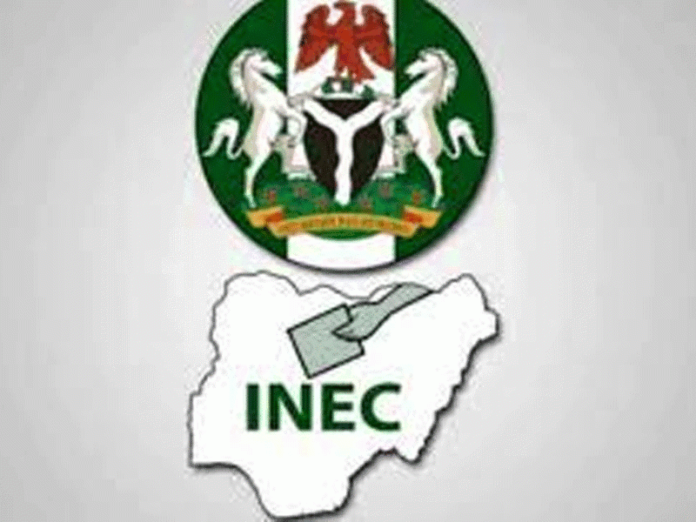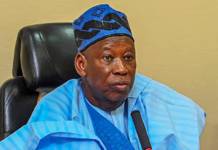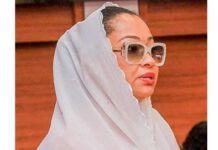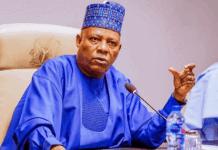As Nigerians go to the polls Saturday to elect a new President and National Assembly members, five states- Lagos, Kano, Kaduna, Rivers and Oyo with high number of registered voters will play a crucial role in deciding President Muhammadu Buhari’s successor.
Also, a breakdown of the 87,209,007 Permanent Voter Cards, PVCs collected so far, based on the released INEC register, the North West geo-political zone leads five others with 21,445,000 voters.
They are S/West- 15,536,213; S/South- 13,284,920; N/Central-13,127,170; N/East- 11,937,769 and
S/East- 10,401,484
There are four frontline candidates in the presidential race namely, Asiwaju Bola Ahmed Tinubu of the All Progressives Congress, APC, Alhaji Atiku Abubakar of the Peoples Democratic Party, PDP, Mr. Peter Obi of the Labour Party, LP and Dr.Rabiu Kwankwaso of the New Nigeria People’s Party, NNPP, one of whom is expected to emerge victorious.
According to the latest release by the Independent National Electoral Commission, INEC, on Thursday, Lagos state has the largest number of collected PVC at 6,214,970 followed by Kano, 5,594,193, Kaduna 4,335,208, Rivers 3,285,785 and Oyo state 2,761,421.
It has been projected that such factors as religion, ethnicity, party affiliation and age will play major roles in determining the eventual winner of the poll.
Based on the figures above it is clear that a party like the APC with about 26 states currently will do well in most South West and Northern states while PDP which controls about 9 states including states in the South East, South South and a few states in the North may do a catch up in the contest.
However, the PDP candidate, Atiku Abubakar is optimistic that ethnic politics wil be to his advantage as virtually 19 states in the North with the exception of Benue State are clearly populated by the people of Islamic faith and largely with Hausa and Fulani population.
But the LP candidate, Peter Obi is contesting the election with the support of largely younger generation across Nigeria which according to INEC, are more than 60 percent voting population .
Virtually all the polls conducted by verified independent groups before now have tipped Obi as the likely winner of the presidential election based on his pan- Nigeria support.
He is very popular with the younger voting population across all ethnic, religious and social groups and projected to win high percentage of voters in the Southern states including Lagos and Rivers states.
His popularity also cuts across states in the North Central states of Benue, Plateau and Nasarawa. He is also believed to have massive support in the North East states of Taraba and Bauchi.
As indicated earlier, of the 5 states with largest number of voters, it is believed that while Labour party will do very well in Rivers and Lagos states while APC will equally do well in Lagos, Kano, Kaduna, and Oyo states where PDP will likely struggle.
Based on the conventions of past elections, the APC appears to have an edge over the other parties but it is believed that with the changing trends in global politics where the younger generation play a pivotal role on deciding who wins elections, and with cult like followership he has garnered in the last months, Obi may pull a huge surprise and may emerge the winner at first ballot.

























